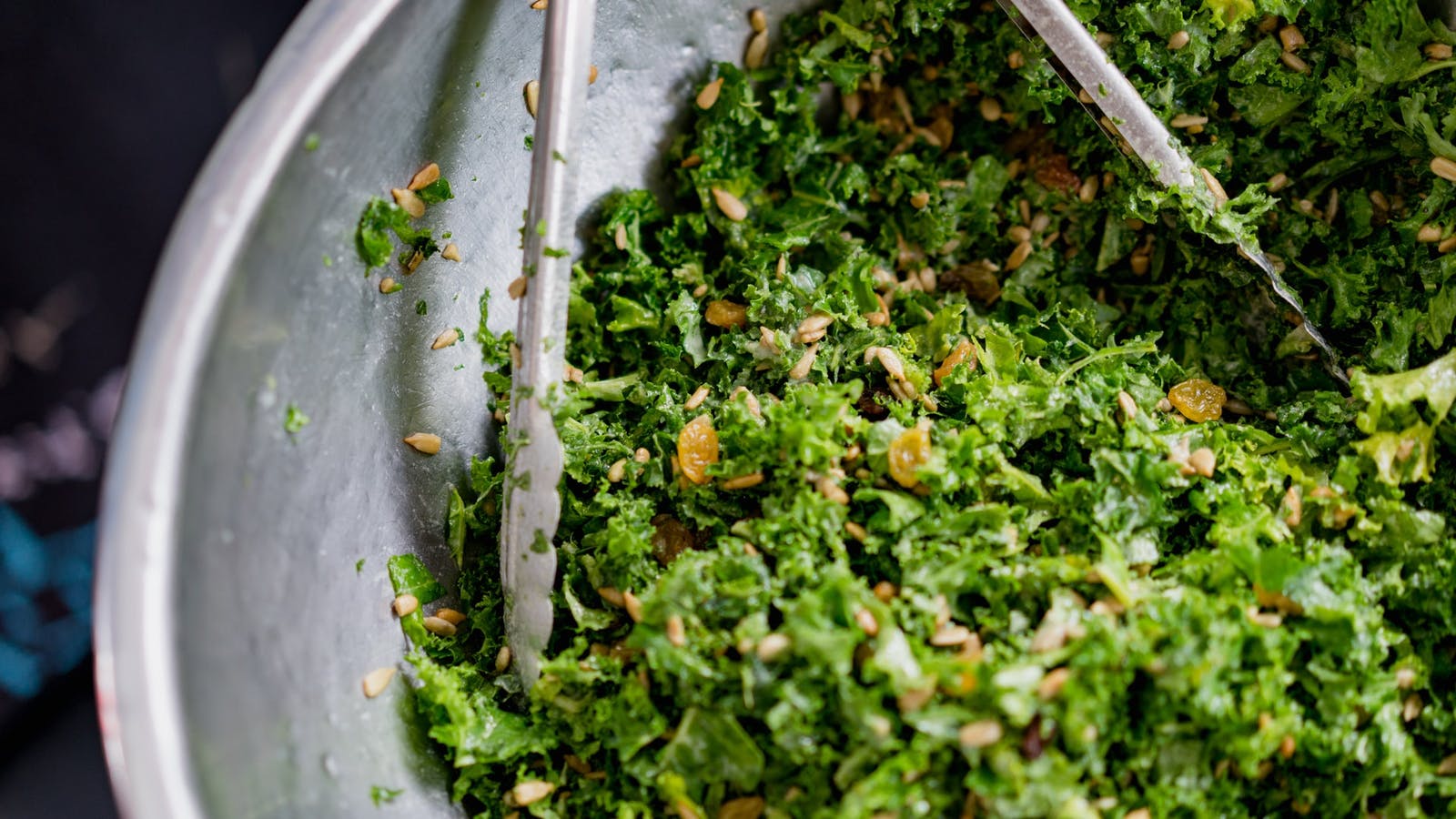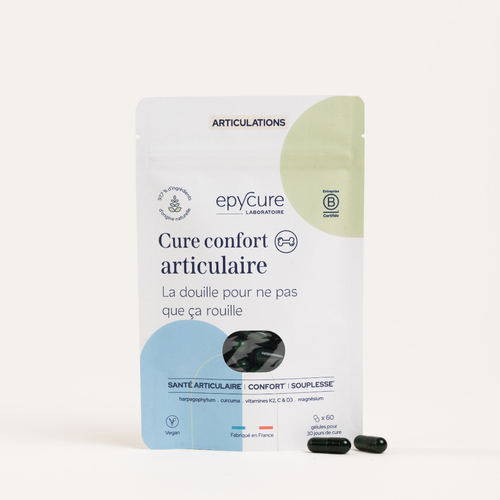The role of the joints is essential. When they are no longer fully operational, the person begins to suffer, which can impact their well-being. In this article, Angélique presents the benefits of certain vitamins to take care of your joints.
1. Vitamins to relieve
There are two cases: either you already suffer from some ailments in your joints, or they are in good health , but you still want to strengthen them to reduce the likelihood of having pain. In both cases, vitamins can work effectively on your joints.
If you suffer from joint pain, for example, vitamins and natural food supplements can be of great help to you. These natural dietary supplements are designed to support joint repair and are 100% natural . On the market, we see that there are different types of natural food supplements . Those that help relieve and strengthen joints most often contain: hyaluronic acid, organic silicon, glucosamine, high concentrations of medicinal plants , or marine-type collagen.
Certain vitamins can help relieve joint pain. When we take the example of vitamin A , it has been proven to help relieve this type of pain as well as muscle pain. In food , we find vitamin A mainly: in potatoes, lettuce, peppers and carrots.
Joint pain can also be relieved with vitamin C. It gives a boost to the immune system . Vitamin C is found mainly in citrus fruits (lemons, oranges, grapefruit), vegetables and cocoa.
2. Vitamins to strengthen
Certain vitamins will help strengthen the joints. A wise choice in several cases:
- We work in a profession where the joints are constantly used (athletes, movers, or jobs where we are on our feet all the time). This increases the risk of suffering from joint diseases.
- We find ourselves in a family where joint disease is present at several levels.
- Joint fragility has recently been noted
Vitamin E is a great helper. Its essential mission is to protect joints and muscles. It is not manufactured by the body so it must be consumed through certain foods such as green vegetables, fruits and dried fruits.
The same goes for vitamin K which improves bone and cardiovascular health. It is mainly found in: spinach, broccoli, cauliflower, and lettuce.
3. Nutrients for joints
When you move, you use your joints, muscles and bones. During a long walk, for example, you may need to use more nutrients. We have selected for you four key nutrients for joints, muscles and bones so that you can get a good start on your next hike or bike ride!
- Curcumin: for joints
Curcumin is the active ingredient in the turmeric plant, and has been used as a medicine in countries like India and China for centuries. It is well known that turmeric helps keep joints supple. In Europe in particular, we mainly consume turmeric in food to add flavor to our dishes.
And yet turmeric is a spice that has proven benefits recognized by the WHO (World Health Organization). Indeed, it is affirmed which confirms that the significant antioxidant effect present in the plant is responsible for its effectiveness on the health of joints, bones, but also tendons. It thus contributes to good joint health.
- Magnesium: muscles and the nervous system
Magnesium is the 4th most abundant mineral in the body, it is one of the mineral salts necessary for the proper functioning of the body. Magnesium is an element required as a cofactor in more than 300 enzymatic reactions and thus participates in the biochemical functioning of numerous metabolic pathways and therefore in physiology in general.
Magnesium thus plays a role in the neuromuscular transmission of nerve impulses, in the regulation of heart rate, energy production and in glucose metabolism.
It is also found in green vegetables such as spinach, in whole grains, nuts or legumes. But especially in our personalized cures!
- Calcium: for bones and muscles
Calcium is the most abundant mineral in the body, 99% of which is in bones. It is one of the essential minerals for the development and strengthening of bones and teeth. The more calcium we consume at a young age, the stronger our bones remain. It also contributes to the proper functioning of digestive enzymes. Calcium and vitamin D both participate in normal muscle function. Calcium and vitamin K, for their part, participate in normal blood clotting.
Calcium, like magnesium, is also good for the nervous system and muscles. It helps transmit nerve impulses and supports muscle contraction.
You can find calcium mainly in dairy products such as milk, yogurt or cheese. You will also find it in nuts or legumes. You can also find it in some of our personalized treatments !
- Vitamin D: for bones and muscles
Vitamin D helps calcium bind to bones. It plays an important role in immunity.
Most vitamin D is produced directly by your skin, itself, under the influence of sunlight. However, it is also possible to obtain it through food, which you can find in fatty fish for example. You can also find it in some of our personalized treatments !



